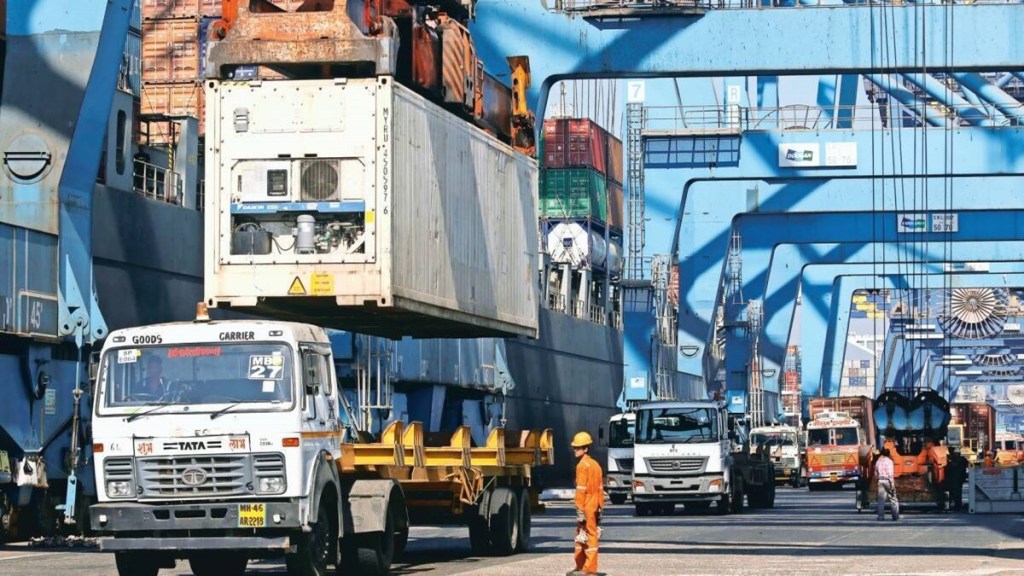At a time of heightened US-China rivalry with efforts to decouple supply chains from the dragon, US treasury secretary, Janet Yellen, has pushed for a friendshoring strategy with India that seeks to align trade within a group of like-minded nations. The objective is to reduce risks to the supply chains on which the US and its partners rely by not allowing countries to use their dominance in key raw materials, technologies, and products to exert geopolitical advantage, as Yellen indicated in an address to the Atlantic Council in April. Prima facie, this strategy ought to be welcome in India that also seeks to reduce its dependence on China and is actively encouraging foreign companies that are relocating from the mainland to set up operations in the country. There are early signs too, that foreign firms are beginning to diversify their supply chains like the US firm First Solar Inc to build a manufacturing facility in Tamil Nadu and Apple Inc’s plans to shift some of its iPhone manufacturing to India, although it still depends heavily on suppliers in the mainland for its best-selling products. Given the huge profits that Apple is making in China, it’s in no hurry to shift its operations out of the mainland.
For India to benefit more from friendshoring, it must participate more deeply in regional blocs like the US-led Indo-Pacific Economic Framework (IPEF), a grouping of 14 countries which account for 40% of global GDP. Although India joined the grouping, it has for now opted out of the trade pillar, which is one of the four pillars of this bloc which aims to enhance supply chain resilience, sustainability, inclusiveness, economic growth, fairness and competitiveness. India took this step as it was unsure of making binding commitments and hasty pledges on sensitive issues like the digital economy, data flows, labour and environment standards and public procurement which the trade pillar entails. India’s ambivalence on the trade pillar points to the basic problem with friendshoring, notably that it entails trading with countries that have similar values and institutions, which in practice implies transacting only with countries at similar levels of development, as has been rightly pointed out by former RBI governor Raghuram Rajan. As India is still at a relatively lower stage of development, it is not ready to ink deep FTAs. None of the interim deals that it has inked of late like with the UAE and Australia contribute to its participation in global or regional supply chains.
Also read: Nikon India forays into healthcare sector in India; To focus on microscopy business
That said, there are huge benefits for India in attracting supply chains that are shifting out of China. Although this is still a work-in-progress, the policy framework must facilitate this process. There is a need for a more open and unrestrictive trade policy, which goes against the grain of the stance since FY15 to significantly hike import tariffs which limits trade expansion possibilities. Trade economists like Professor Amita Batra of Jawaharlal Nehru University have argued that supportive policy inputs to attract supply chains include a phased reduction in average applied most-favoured nation tariffs in manufacturing and for inputs in sectors of supply chain dynamism in line with levels prevailing in the Association of Southeast Asian Nations. This would ensure that India can leverage the putative friendshoring strategy as the US pivots to the prosperous India-gion through the IPEF to counter the dragon’s dominance.

